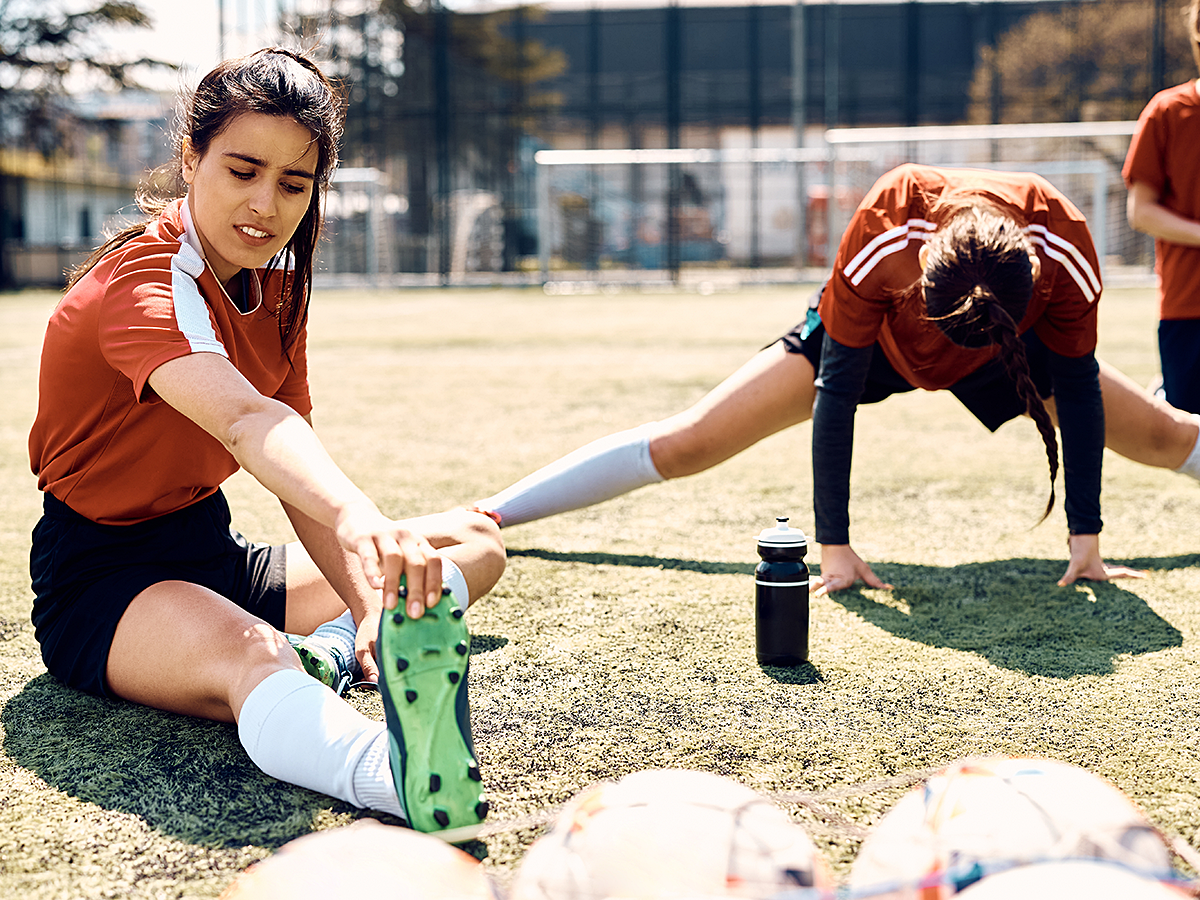Important tips to have a successful and safe game day
 Athletic activity can be a lot of fun, and it’s good for overall health, but it comes with the risk of injury. Thankfully, there are ways to lessen the odds. So, do you want to remain on the field throughout the season? Here's a guide to help you do just that.
Athletic activity can be a lot of fun, and it’s good for overall health, but it comes with the risk of injury. Thankfully, there are ways to lessen the odds. So, do you want to remain on the field throughout the season? Here's a guide to help you do just that.
Warming Up
Before diving into any athletic event, it's essential to warm up. Research reported on in Journal of Science and Medicine in Sport indicates that a good warmup can substantially reduce your risk of injury.
Warming up gradually raises your body temperature and increases blood flow to your muscles, preparing them for the physical activity ahead. This routine should last about 5 to 10 minutes, with activities like a brisk walk, light jog or a set of jumping jacks.
Stretching
Once your body is warmed up, it's time for dynamic stretching. This helps to lengthen your muscles, preparing them for a wider range of motion during the game. Good exercises for this include high knees, hip circles or back kicks.
Using Correct Equipment
When you're out on the field, using the right equipment is key to avoiding injuries. In contact sports, protective gear is crucial. For instance, helmets can safeguard you from concussions and other head injuries. The National Library of Medicine advises that helmets should fit correctly, with straps securely fastened.
Stay Hydrated
Hydration is essential throughout the game, especially in hot weather. Drinking water before, during and after training can help maintain your performance, reduce fluid loss, and minimize heat stress, according to the National Library of Medicine.
Listening to Your Body
It's crucial to heed your body's warnings. Pain is a signal to slow down. Ignoring it can lead to overexertion, indicated by symptoms like dizziness and difficulty breathing.
Seeking Medical Help
If you get hurt during a game, don't ignore it—seek medical help. Overlooking an injury can exacerbate it and lead to more serious problems.
Minor injuries can often be addressed with rest, ice, compression, and elevation (RICE). If pain persists beyond two days, a doctor's visit may be necessary.
Head injuries require immediate medical attention due to the risk of concussion or skull fracture. Any head injury resulting in confusion, disorientation, or loss of consciousness should be treated urgently.
Cooling Down
Finally, conclude your activity with a cool-down. The American Heart Association suggests a cool-down activity to keep your blood flowing. Abruptly stopping can cause a rapid drop in heart rate and blood pressure, possibly leading to light-headedness. A brief, 5-minute walk should suffice.
